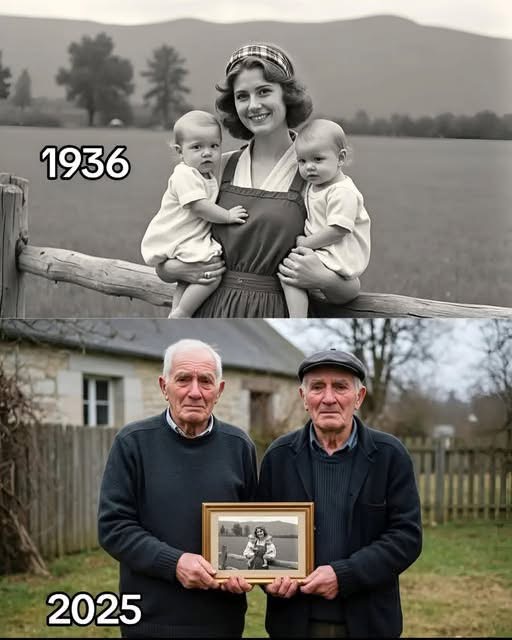
Time is the quietest thief. It tiptoes past while we are busy, distracted, or even sleeping. One moment, we are children chasing bubbles in the yard, and in what feels like the next, we are adults juggling responsibilities and reflecting on where all the years have gone. “Life passes quickly” is not just a phrase repeated by the elderly; it’s a truth that echoes louder the older we get. This reality demands our awareness, our appreciation, and our action. If we truly understand how swiftly life moves, perhaps we will learn to live more intentionally, love more deeply, and waste less of the precious time we are given.
In childhood, time seems endless. A summer feels like a lifetime, and a single school year appears to stretch forever. We are fully present in each moment, and life is measured not by clocks, but by playtimes, birthdays, and bedtime stories. But as we grow older, time speeds up. The days become shorter, the years blur together, and before we know it, decades have passed. Our sense of time accelerates, not because time itself changes, but because our perception of it does. The more familiar life becomes, the faster it seems to move.
We often don’t realize how quickly life passes until we are faced with reminders—old photographs, the first gray hairs, the passing of a loved one, or a reunion with people we haven’t seen in years. Suddenly, we are jolted out of our routine and forced to acknowledge the impermanence of it all. These moments stir reflection: Have I made the most of my time? Have I said what needed to be said? Have I lived the way I truly wanted to?
Modern life, with its constant hustle and technological distractions, contributes to the feeling of time slipping through our fingers. We are always connected, always doing something, yet often we are not really living. We scroll endlessly, chase deadlines, and postpone what truly matters. We say “someday” to things we should do today—spending time with loved ones, traveling, pursuing a passion, or simply resting. But “someday” is not a day of the week. It often never comes. And when we look back, it is not the emails answered or the meetings attended that we remember, but the moments of joy, love, and meaning that stood out from the blur.
The brevity of life should not be a source of fear or sadness, but a call to presence. It should awaken us to the gift of each day. If we are mindful of time’s fleeting nature, we might learn to savor our coffee in the morning, listen more intently to the people around us, and let go of grudges that weigh us down. We might choose kindness over ego, simplicity over excess, and authenticity over performance.
Understanding that life passes quickly can also give us courage. It can push us to take risks we might otherwise avoid. Why delay confessing your love, starting a new path, or letting go of what no longer serves you? Fear loses its grip when we realize how little time we truly have. In the grand timeline of the universe, our lives are but a blink. Knowing that can be sobering, but also empowering. It grants us the urgency to act, to live on purpose rather than by accident.
This awareness also deepens our appreciation for relationships. People are not permanent fixtures in our lives. Friends move away, loved ones pass on, and children grow up. Every shared laugh, every warm hug, every honest conversation becomes more valuable when we remember it won’t last forever. Too often, we take people for granted, assuming they will always be there. But life has a way of surprising us, sometimes painfully. If we grasp how quickly things change, we might choose to hold people closer, forgive faster, and speak our hearts more freely.
There is a quiet beauty in the transience of life. Flowers bloom and wither, seasons change, and each phase of life comes with its own joys and sorrows. Trying to hold on too tightly to any one moment robs us of the ability to fully experience the next. Accepting impermanence allows us to let go with grace, to welcome change with open arms, and to move forward without regret.
Yet, we must also remember that living fully does not mean doing everything. It means doing what matters. In a world obsessed with productivity and achievement, we often equate a “full life” with a busy one. But fulfillment does not come from how many boxes we tick off a list; it comes from alignment with our values, connection with others, and inner peace. It’s better to have a few meaningful experiences than a thousand forgettable ones. It’s better to love deeply than to impress broadly.
At the end of our lives, we won’t remember the days we spent worrying about things that never happened. We won’t care about how many followers we had or how much money sat in our bank accounts. What will matter are the memories made, the love shared, and the legacy of kindness we leave behind. Life passes quickly, yes—but in those moments when we are fully present, it feels rich and expansive.
In conclusion, the swiftness of life is both a warning and a gift. It warns us not to waste time on what doesn’t matter, and it gifts us the motivation to treasure what does. We cannot stop the flow of time, but we can choose how we swim in it. We can live with intention, seek beauty in the ordinary, and create lives that reflect who we truly are. The clock keeps ticking, but we have the power to fill each tick with meaning. So let us not delay. Let us live—not someday, but today. Because life, as they say, passes quickly.


